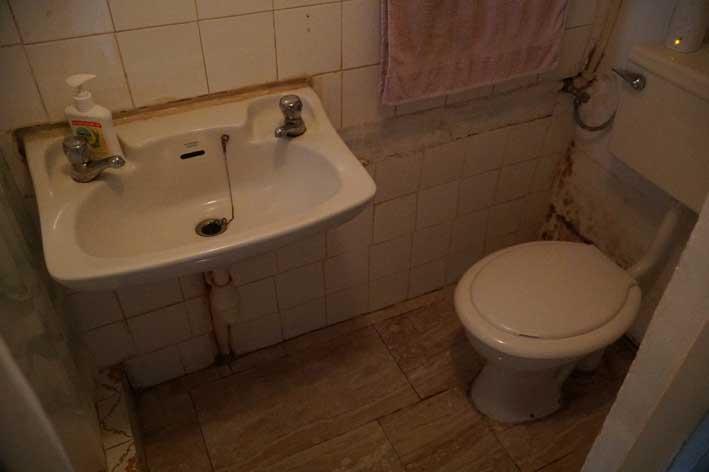Several real estate agents have spoken to The Malta Independent on Sunday about certain areas in Marsascala which are essentially being turned into ghettos due to the volume of people living in converted garages.
A few agents stressed that some converted garages are actually more decent than certain flats being put on the market today; however the fact remains that basic utilities such as decent plumbing, electricity and drainage can be seriously lacking.
One particular agent asked what would happen when the government eventually regulates the rental market as such properties will certainly not meet minimum standards.
The government issued a ‘white paper’ calling for input from experts in the rental market to submit their suggestions. In comments to The Malta Independent on Sunday, Finance Minister Edward Scicluna said that the aim is for regulation irrespective of whether rental prices are going up or down.
He stressed the need for professionalism such as ensuring books are kept, conditions are of a certain standard and tenants give notice before vacating a property.

Six years waiting for social housing, while living in fear of rising rents
This newsroom went to Marsascala, and spoke with a particular resident who is living in a converted garage. For the purposes of this story, he will be referred to as John, as he wishes to remain anonymous, fearing that he will anger his landlord.
John quickly explained that he has no quarrel with his landlord as such, but has become desperate due to the lack of assistance.
John worked for many years while struggling with a mild form of depression. He lived at his parents’ house and led a relatively normal life.
One day, John witnessed a neighbour fall from a balcony to his death. This trauma caused him to suffer from Post-Traumatic Stress Disorder (PTSD) as certified by various medical doctors.
The PTSD also exacerbated his depression and John struggled to hold down his job. Eventually, he could not continue and had to stop working. He was also prescribed ever-higher doses of medication to treat his disorder.
In the meantime, the relationship with his parents deteriorated to such an extent that he was no longer welcome at home. In 2011, John’s social worker wrote to the Housing Authority (HA), explaining his situation, referring the authority to the doctors treating John, and pleaded for them to provide him with alternative accommodation.
The social worker “strongly” felt that this was a genuine case and wished the authority to intervene “on humanitarian grounds”.
Letters sent by the social worker to the authority were seen by this newsroom, as well as open letters to government officials desperately pleading for help.
Fast-forward to 2018 and John is still on the waiting list for social housing. Sitting in his converted garage, John explains that he lived with friends for some time when he did not get a reply from the Authority. Eventually, his mental state and the conditions his friends found themselves in meant that he could no longer live with them.
He scoured the rental market for something affordable. With a pained look in his eyes, John explains that he understands he could share a house with several people for an affordable sum, but the PTSD and depression make it extremely hard and uncomfortable, even for the other tenants themselves.
Eventually, he found a converted garage in Marsascala for €240 per month. He receives a rent subsidy of €66 and receives some €530 in social benefits.
“I understand that there are people living in much worse conditions than I am. My point is that something has to be done; I am stuck in this vicious cycle. I cannot work until my health improves, and my health cannot improve until I have some peace of mind that the landlord is not going to hike up the rent. This is happening all over.”
John said he knows that social housing is not free, but at least the place would be habitable and there would be stability in terms of cost increases. He described suffering from panic attacks, anxiety attacks and the inability to breathe on a daily basis.
A shaft at the back of his garage-cum-home constantly emits a terrible stench from the drains. He is forced to leave a window open and a fan going to circulate the air even in winter; however, this led to rats infesting his home.
When asked what he expects, John said that some form of protection for tenants must be implemented immediately. He added that it is not healthy to have so many people living in these stressful conditions, as it undermines their health and they lose their sense of worth, making it impossible break out of the cycle.